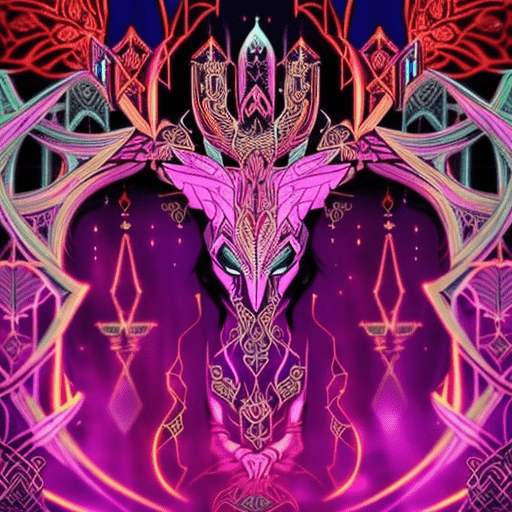One-line Summary:
In “The Lighthouse,” author Alison Moore takes readers on a haunting journey as Futh, a middle-aged man, embarks on a solo walking trip along the German coast, confronting his past and seeking redemption.
Setting Sail on a Solo Journey
Futh, a recently separated middle-aged man, decides to embark on a solo walking trip along the German coast. As he boards the ferry to cross the English Channel, he carries with him a small, silver lighthouse-shaped keyring, a memento from his childhood. This keyring becomes a symbol of Futh’s desire to find solace and understanding in his past.
A Haunting Past and Present
As Futh walks along the coast, the narrative alternates between his present journey and his past experiences. Moore skillfully weaves together Futh’s memories of his troubled childhood and failed marriage, creating a haunting atmosphere that mirrors Futh’s internal struggles. Through these memories, the reader gains insight into Futh’s complex character and the events that have shaped him.
The Lighthouse as a Symbol
Throughout the novel, the lighthouse serves as a powerful symbol. It represents both guidance and isolation, safety and danger. Futh’s fascination with lighthouses stems from his childhood, where he found solace in their steady beacons of light. However, as Futh navigates his own emotional turmoil, the lighthouse takes on a more ambiguous meaning, reflecting his own internal conflicts and the elusive nature of finding true redemption.
Key Takeaways:
- Futh’s journey is not just physical but also emotional, as he confronts his past and seeks redemption.
- The lighthouse symbolizes both guidance and isolation, safety and danger.
- The narrative alternates between Futh’s present journey and his troubled past, creating a haunting atmosphere.
- “The Lighthouse” explores themes of memory, identity, and the search for meaning in life.
- Moore’s prose is evocative and atmospheric, drawing readers into Futh’s internal struggles.
“The Lighthouse” is a haunting and introspective novel that explores the complexities of memory, identity, and the search for redemption. Through Futh’s journey, readers are reminded of the power of our pasts to shape our present and the elusive nature of finding true solace. Alison Moore’s evocative prose and skillful storytelling make this a compelling read that lingers in the mind long after the final page.












